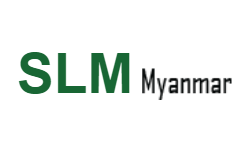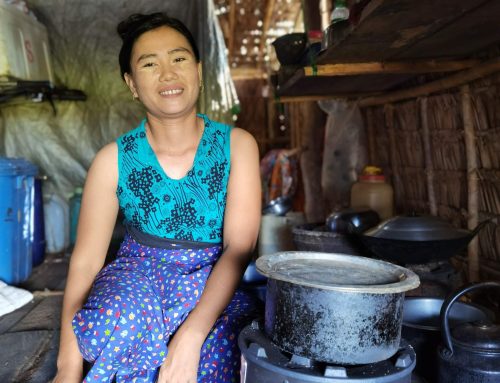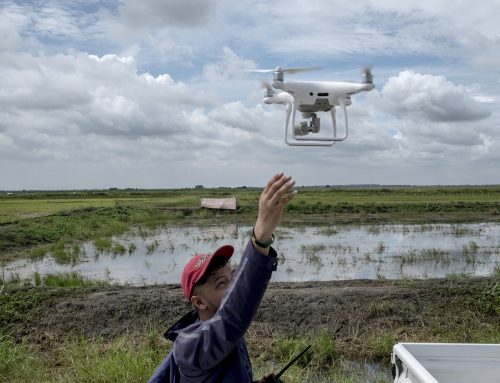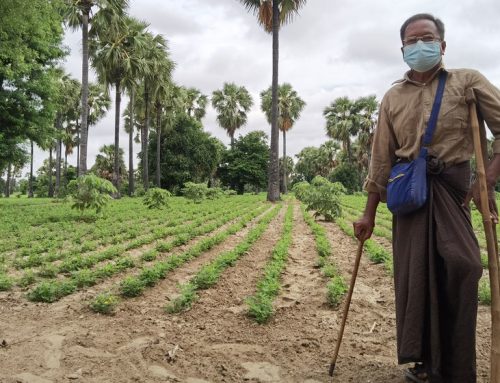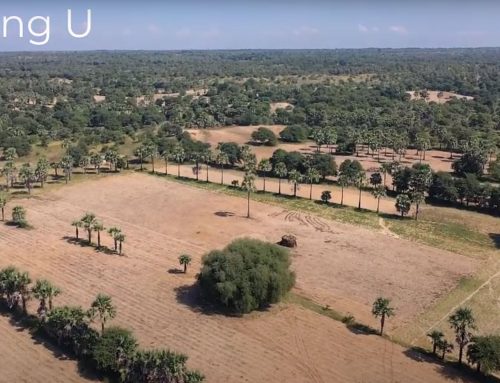 The workshop brought together 30 staff members of Ministry of Agriculture and Livestock and irrigation (MOALI) and Ministry of Natural Resources and Environmental Conservation (MONREC) working at national level as well as in the 3 Pilot sites of the Project. The workshop started on 7 to 9 August, 2017 in Nay Pyi Taw. It included a gender-balanced selection of staff of Departments and units dealing with Planning, Research and Extension.
The workshop brought together 30 staff members of Ministry of Agriculture and Livestock and irrigation (MOALI) and Ministry of Natural Resources and Environmental Conservation (MONREC) working at national level as well as in the 3 Pilot sites of the Project. The workshop started on 7 to 9 August, 2017 in Nay Pyi Taw. It included a gender-balanced selection of staff of Departments and units dealing with Planning, Research and Extension.
The workshop provided participants with the wider picture of the Knowledge Management (KM) landscape for managing knowledge for identifying and upscaling Good Practices (GPs) for CSA/SFM in Myanmar. This included insights in institutional processes, definitions and actions required.
The National Technical Coordinator of the FAO/GEF project Ms. Ohnmar welcomed participants and opened the workshop, positioning it as part of Component 4 which focuses on Knowledge Management (KM) to upscale Good Practices. Participants were provided with a Backgrounder with the program, exercises and reference material and a USB stick with key files and resource material at registration. Introductions of the key KM issues and 2 facilitation of the workshop were done by Francis Neuman, International KM expert and Soe Moe Naing, national KM expert. Members of the FAO/GEF project assisted with facilitation of the group work. The workshop was scheduled as following:
- Day 1: Principles of KM,
- Day 2: System & Tools work and
- Day 3: Good Practices and way forward.
During Day 1 the multi-stakeholder nature of information flows was introduced. Central is that many actors play a role in ensuring that information reaches all concerned, especially farmers and local communities. The various actors play different roles and have different needs for information and knowledge. In the afternoon, the innovation process was highlighted with the steps of identification, documenting, storing, exposing, validating and adapting innovations and technologies.
Day 2 centered on introducing the concept and practicalities of working with online systems and tools. A combination of a social media platform and knowledge base is proposed for the project to assure interaction and systematic content management, the current website (www.slmmyanmar.info). The afternoon session focused on use of knowledge-based Share4dev. A support group of 4 participants was created who invited other members to platform and start to upload some documents.
On Day 3 the concept of Good Practices was central. The criteria for defining a Good Practice was introduced and elaborated in working groups. Promising Good Practices for the forestry and agriculture sector emerged whereas also approaches and technologies were presented that require further research and validation. The afternoon focused on the way forward. The gaps that prevent up-scaling of Good Practice were identified in each of the 4 groups. Common factors relate to the lack of skills which need capacity development combined with funding for equipment and documentation e.g. radio and video. The workshop session is finished on Wednesday, August 7, 2017.
